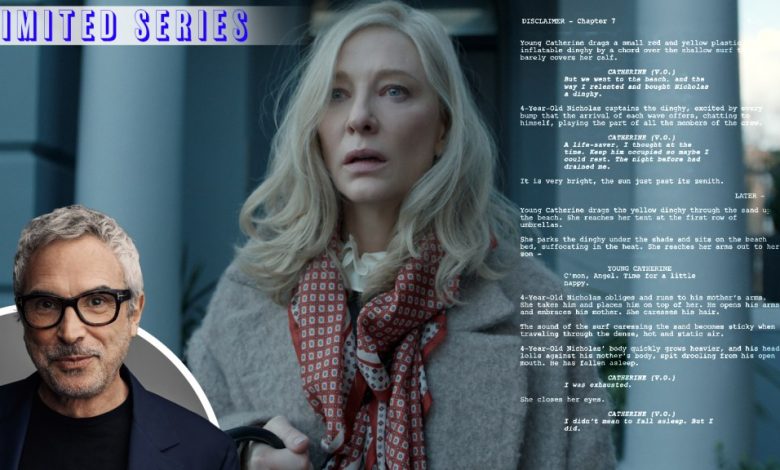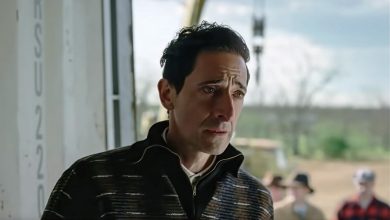Disclaimer: Alfonso Cuarón’s Psychological Thriller Challenges Viewers’ Perception in Emmy-Contending Finale

Disclaimer, the gripping Apple TV+ limited series adapted by Oscar-winner Alfonso Cuarón from Renée Knight’s 2015 novel, delivers a masterful psychological thriller that deconstructs the idea of narrative truth. At the center is Catherine Ravenscroft (Cate Blanchett), a renowned journalist whose world unravels after the release of a mysterious novel revealing a dark secret from her past.
Over the course of seven episodes, the series lures viewers into a maze of misdirection, culminating in a finale that upends every assumption. The story initially suggests a conventional tale of guilt and scandal. However, by the final episode, Disclaimer reveals itself as a harrowing study of trauma, misjudgment, and the societal tendency to silence women’s voices.
The drama intensifies when Stephen (Kevin Kline), a grieving father who believes Catherine is responsible for his son Jonathan’s death, sets out to destroy her reputation. His assumptions, fueled by a fictionalized novel he secretly authors, are shattered when Catherine recounts the true nature of her encounter with Jonathan — exposing him not as a romantic victim but as a serial predator who assaulted her.
Cuarón, who wrote and directed every episode, emphasized in his introduction to the script that Disclaimer deliberately asks viewers to re-evaluate everything they thought they understood. The finale, titled “Chapter VII,” serves as both a narrative and emotional reckoning. “It’s time for my voice to be heard,” Catherine declares — a line that echoes the core message of the series.
The cast features standout performances from Blanchett and Leila George (as young Catherine), alongside Sacha Baron Cohen, Kodi Smit-McPhee, and Leila George. Their portrayals bring emotional depth to a story that explores generational trauma, accountability, and the consequences of silencing survivors.
See More ...
Rather than offering a neatly tied resolution, the series ends on a note of ambiguity. Stephen’s reluctant apology, Nicholas’s confrontation with the truth about his mother, and the unraveling of Robert and Catherine’s strained marriage all reflect the raw, uncomfortable reality of personal and societal failure.
Cuarón’s vision is clear: Disclaimer is not just about what happened — it’s about how we choose to see it, and who we choose to believe. The finale doesn’t seek to comfort, but to unsettle — a reminder that the cost of ignoring survivors can be devastating and long-lasting.




